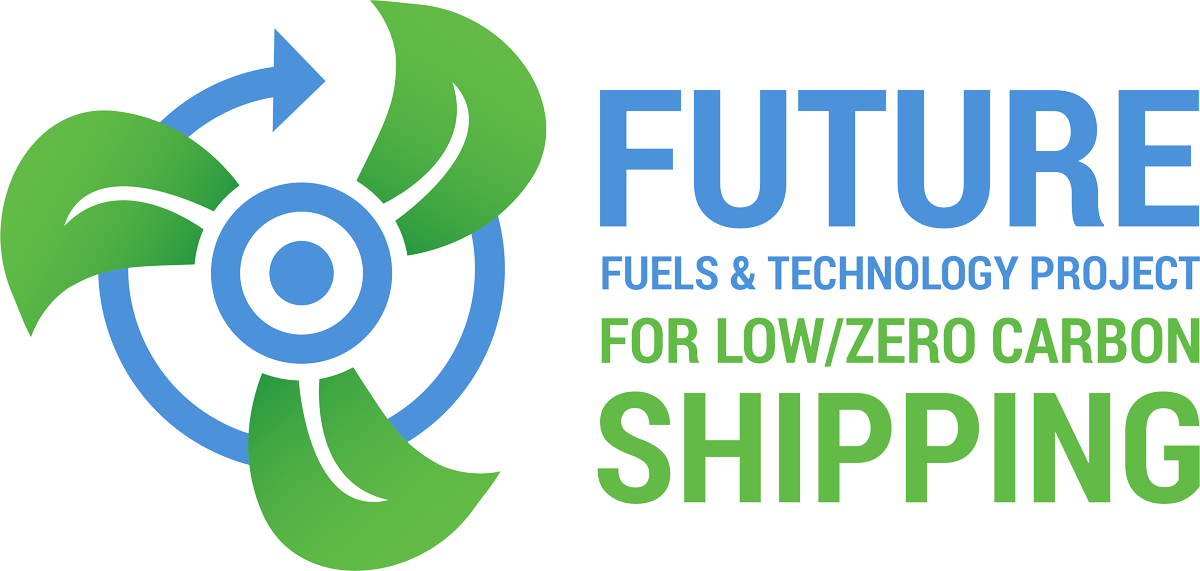To analyze trends in seaborn trade, global shipping services, freight rates, infrastructures at ports in 2023. etc., and discuss challenges in relation to the transition to decarbonization
Sector: Shipping
Maritime Forecast to 2050
To analyze the current state of the shipping industry’s carbon emission reduction transition and the prospects for new technologies and stretegies, including ship design and fuel selection, necessary to achieve full net-zero
Oil Analysis & Forecast to 2028
To provides analysis, data, and information on the demand, supply, refining, and logistics distribution of petroleum resources. Based on the current data identified, the paper predicts the demand and supply of fuel oil energy resources on land and at sea until 2028 and provides related information. In addition, the outlook for international petroleum-based energy is analysed based on development information on new and renewable energy produced by region, especially in the Middle East and Asia, including China and India.
Safe Bunkers of Biofuels
To ensure the safe biofuel bunkering of ships at ports, the characteristics that may arise in biofuel bunkering are summarized and explained based on the existing regulations and procedures for conventional marine fuel bunkering.
Assessing impacts of EU and US policies on accelerated deployment of alternative maritime fuels
To evaluate the impact of policies, analyzing how recent climate policies from the EU and US, specifically the US Inflation Reduction Act and EU ETS along with the FuelEU Maritime Regulation, affect the adoption and deployment of alternative marine fuels.
To identify the investment implications of these policies, focusing on the synergies of the US and EU policies.
To provide actionable insights for stakeholders.
Taking Action on Operational Efficiency (Operational Efficiency Ambition Statement Actions Report)
To analyze the experience and content of 26 shipping companies introducing 70 measures aimed at improving operational efficiency and reducing GHG emissions.
Based on this, in order to improve ship operation efficiency, the report describes key issues and related cases in which interested organizations, such as ship owners, charterers, management companies, ports, and terminals closely related to ship operation, should cooperate with each other.
Climate Action in Shipping (Progress Towards Shipping’s 2030 Breakthrough)
To urge further progress through evaluation of the performance of the technology and supply sector, demand sector, finance sector, policy sector and civil society sector in shipping over the past year
Key Issues in LCA Methodology for Marine Fuels
To highlight the impact of key considerations and methodological decisions when doing an LCA and demonstrate how these can impact the emissions attributed to different fuels
Applying Alternative Fuels to Existing Ships (Engine Retrofit Report 2023)
To explore decarbonization through retrofitting existing ships and analyze the price gap between alternative fuels and conventional fuels through forecast scenarios for the application of alternative fuel technologies in ship retrofits
It is worth noting that this report proposes a required carbon tax of $350 per ton of CO2 in order to bridge the price gap between existing marine fuels and the latest eco-friendly alternative fuels, such as methanol and ammonia.
The role of energy efficiency regulations
The characteristics of the EEDI, EEXI, and CII regulations on ship energy efficiency and their practical impact on the maritime industry were analyzed. The role of each stakeholder in achieving the original purpose of these regulations was explained in realistic terms.
In particular, it introduces the positive impact of the EEDI regulation on the development of energy efficiency improvement technologies of ships, the limitations of the EEXI regulation, and the interrelationships between stakeholders for effective implementation of the CII regulation.

